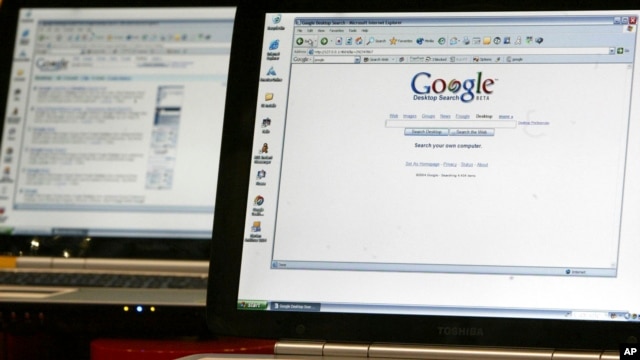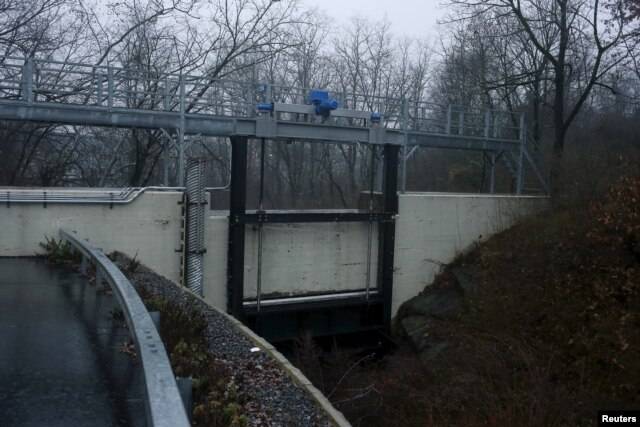waltky
Wise ol' monkey
Disable UPnP, hacker exploit found...

US Government Warns of Hack Threat to Network Gear
January 29, 2013 - The U.S. Department of Homeland Security urged computer users on Tuesday to disable a common networking technology feature, after researchers warned that hackers could exploit flaws to gain access to tens of millions of vulnerable devices.
US Government Warns of Hack Threat to Network Gear
January 29, 2013 - The U.S. Department of Homeland Security urged computer users on Tuesday to disable a common networking technology feature, after researchers warned that hackers could exploit flaws to gain access to tens of millions of vulnerable devices.
The U.S. government's Computer Emergency Readiness Team, on its website, advised consumers and businesses to disable a feature known as Universal Plug and Play or UPnP, and some other related features that make devices from computers to printers accessible over the open Internet. UPnP, a communications protocol, is designed to let networks identify and communicate with equipment, reducing the amount of work it takes to set up networks. Dave Marcus, chief architect of advanced research and threat intelligence with Intel's McAfee unit, said hackers would have a ``field day'' once the vulnerability in network devices is exposed. "Historically, these are amongst the last to be updated and protected properly which makes them a gold mine for potential abuse and exploitation,'' said Marcus, who advises government agencies and corporations on protections against sophisticated attacks.
Disabling UPnP once networks have already been set up, will have little impact on the operation of the devices. The new security bugs were initially brought to the attention of the government by computer security company Rapid7, in Boston, which released a report on the problem on Tuesday. The company said it discovered between 40 million and 50 million devices that were vulnerable to attack due to three separate sets of problems that the firm's researchers have identified with the UPnP standard. The flaws could allow hackers to access confidential files, steal passwords, take full control over PCs as well as remotely access devices such as webcams, printers and security systems, according to Rapid7.
Rapid7 has alerted electronics makers about the problem through the CERT Coordination Center, a group at the Carnegie Mellon Software Engineering Institute that helps researchers report vulnerabilities to affected companies. "This is the most pervasive bug I've ever seen,'' said HD Moore, chief technology officer for Rapid7. He discussed the research with Reuters late on Monday. CERT in turn has tried to contact the more than 200 companies whose products Rapid7 have identified as being vulnerable to attack, including Belkin, D-Link, Cisco Systems Inc's Linksys division and Netgear. Linksys said it is aware of the problem. ``We recommend Linksys customers visit our website to understand if their home router is affected, and learn how to disable UPnP through the user interface to avoid being impacted,'' Linksys said in a statement. Belkin, D-Link and Netgear did not respond to requests for comment.
Chris Wysopal, chief technology officer of security software firm Veracode, said he believed that publication of Rapid7's findings would draw widespread attention to the still emerging area of UPnP security, prompting other security researchers to search for more bugs in UPnP. "This definitely falls into the scary category,'' said Wysopal, who reviewed Rapid7's findings ahead of their publication. "There is going to be a lot more research on this. And the follow-on research could be a lot scarier.'' Andres Andreu, chief architect at networking security company Bayshore Networks said they expect an increase in cybercrime as hackers begin to figure out ways to take advantage of the newly identified vulnerabilities. "Simple targets such as home routers now become targets of greater interest,'' he said.
Taking Control


